
On Oct. 9, Hughes Van Ellis, who was one of the last three known survivors of the 1921 Tulsa Race Massacre, passed away at age 102. The story of the white supremacist mob violence that devastated Tulsa’s Black community is the kind of American history too few students learned about in school. It is also the kind of American history some leaders are trying to ban schools from teaching right now. For decades the truth was hidden in Tulsa. But we all suffer without knowing and understanding our full history, and every new effort to hide the truth about history from our children must not work. Hughes Van Ellis was just an infant and his 109-year-old sister Viola Ford Fletcher and 108-year-old Lessie Benningfield Randle were just children when the massacre happened, but all three became determined to make sure their families’ stories were told and to seek justice.
The massacre, which took place May 31-June 1, 1921, destroyed Tulsa’s Greenwood District. At the time Greenwood was one of the most prosperous Black communities in the country and was nicknamed “Black Wall Street.” It was home to Black businesses, theaters, churches, restaurants, and thousands of Black citizens. On May 30, 19-year-old Black shoeshiner Dick Rowland had entered an elevator in a downtown Tulsa office building staffed by a 17-year-old white female elevator operator. A 2001 commission studying the massacre presented the most likely account of what happened next: Rowland may have tripped and either stepped on the elevator operator’s foot or grabbed her arm trying to steady himself. She screamed, and a white clerk who saw Rowland rushing away called the police to report an attempted assault that was quickly falsely sensationalized in the Tulsa Tribune. Amid the growing rumors and outrage Rowland was arrested.
A crowd soon gathered outside the courthouse where he was being held, with armed white residents demanding his lynching and armed Black residents, including World War I veterans, arriving to help protect him. The first shot fired may have been an accident, but as more shots were fired and Black residents retreated to Greenwood, a mob followed them. Violence continued into the next day as white attackers looted and set fire to buildings throughout Greenwood. Instead of stopping them, police deputized white civilians and gave them more guns and ammunition, and the Oklahoma National Guard helped round up and detain 6,000 Black residents. Hundreds of people were injured and three dozen were officially confirmed dead, but historians estimate as many as 300 Black citizens may have been killed. Many deaths were quickly covered up as bodies were buried in unmarked graves. Thirty-five city blocks were burned down, destroying more than 1,200 homes, and 10,000 people were left homeless, including Hughes Van Ellis’s family. No one was charged for any of the deaths, injuries, or property damage.
Hughes Van Ellis was later drafted into the army and served in World War II, but despite his service to our nation, he never forgot how his community had been treated. He, his sister Viola, and Lessie Benningfield Randle became well known in recent years as they and other descendants of massacre victims sued a group of seven defendants, including the city of Tulsa, the Tulsa County Sheriff’s Office, and the Oklahoma National Guard, for reparations and justice. Their case was dismissed in July 2023, but in August, the Oklahoma Supreme Court said it would hear an appeal.
In written testimony for the U.S. House Subcommittee on the Constitution, Civil Rights and Civil Liberties on the centennial of the Tulsa Race Massacre in 2021, Hughes Van Ellis said: “You may have been taught that when something is stolen from you, you can go to the courts to be made whole. You can go to the courts to get justice. This wasn’t the case for us … We were shown that when Black voices called out for justice, no one cared. But we still had faith things would get better. We still believed in the promise of America … We’re not asking for a handout. All we are asking for is for a chance to be treated like a first-class citizen who truly is a beneficiary of the promise that this is a land where there is ‘liberty and justice for all’ … You can give us the chance to be heard and give us a chance to be made whole after all these years and after all our struggle. I still believe in America. I still believe in the ideals that I fought overseas to defend. And I believe if given the chance you will do the right thing and justice will be served.”
In a statement after he passed away, Oklahoma State Rep. Regina Goodwin said, “Two days ago, Mr. Ellis urged us to keep fighting for justice. In the midst of his death, there remains an undying sense of right and wrong.” The fight continues, and I so am grateful to Hughes Van Ellis for helping make sure the rest of us know the truth about his and our shared history.
Edelman is founder and president emerita of the Children’s Defense Fund.

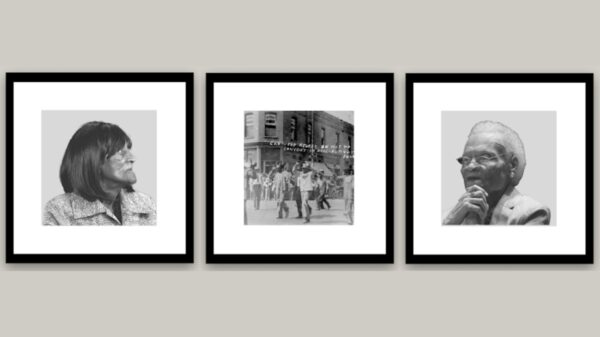

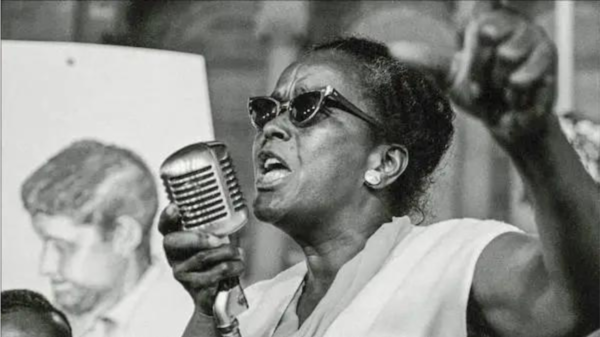
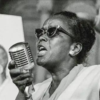
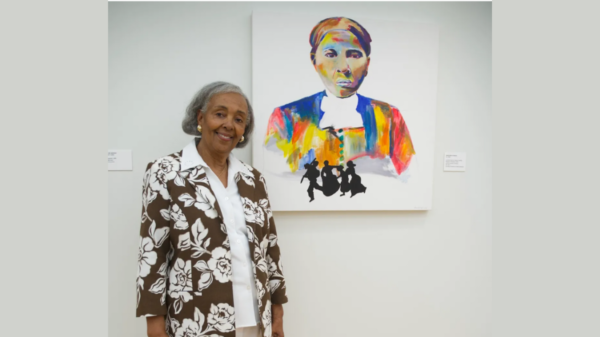

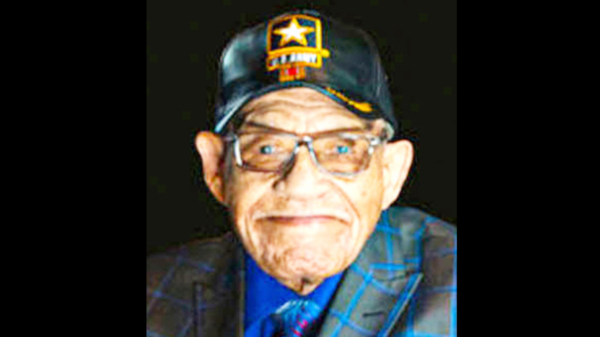

You must be logged in to post a comment Login